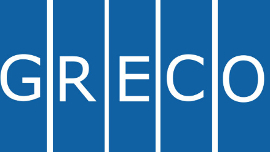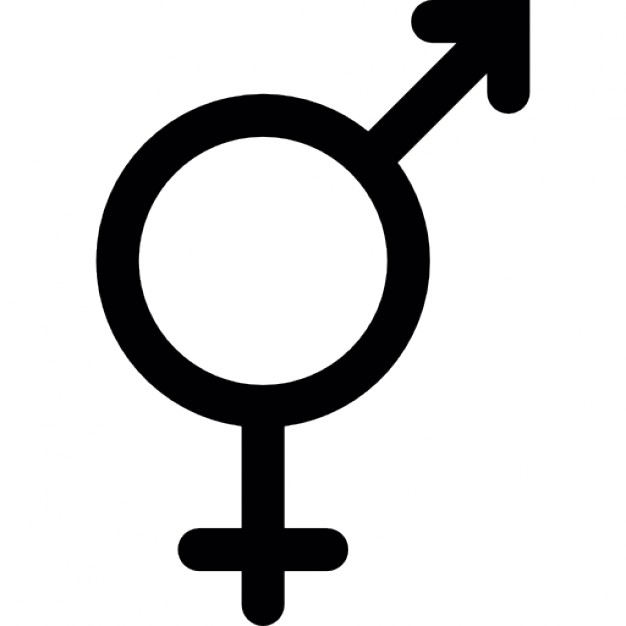GRECO has published today its Fourth Round Evaluation Report on Montenegro. It focuses on the prevention of corruption of members of parliament, judges and prosecutors.
GRECO urges the legislature and the judiciary of Montenegro to sharpen anticorruption measures within their ranks, including by punishing cases of graft and misconduct more effectively. The Parliament is called upon to couple its recently adopted Code of Conduct with a credible enforcement mechanism.
GRECO also strongly recommends reinforced transparency, integrity and merit-based tools securing the impartiality and professionalism of judges and prosecutors; the role of their respecting governing bodies being key in this regard. It has misgivings as to the efficacy of the available accountability machinery in the judiciary.
The GRECO is hopeful that the new Agency for the Prevention of Corruption will have the required independence and capacity to fulfil its important functions; the prevention of conflicts of interest represents a challenge per se in the context of highly articulated personal and family relations in the relatively small territory of Montenegro.
GRECO recognises the positive steps made by Montenegro in recent years to meet the commitments arising from its membership in the Council of Europe, as well as EU accession requirements. That said, the authorities are now urged to carry through legislative reform, not only on paper, but also in practice. The lack of successful convictions for certain types of crimes, as well as the sense of impunity for high-level officials represent critical obstacles to public trust.
The implementation of the 11 recommendations addressed to Montenegro will be assessed by GRECO in the first half of 2017 through its compliance procedure.
____________
GRECO is a Council of Europe body that aims to improve the capacity of its members to fight corruption by monitoring their compliance with anti-corruption standards. It helps states to identify deficiencies in national anti-corruption policies, prompting the necessary legislative, institutional and practical reforms. Currently it comprises 48 European states and the United States of America.







